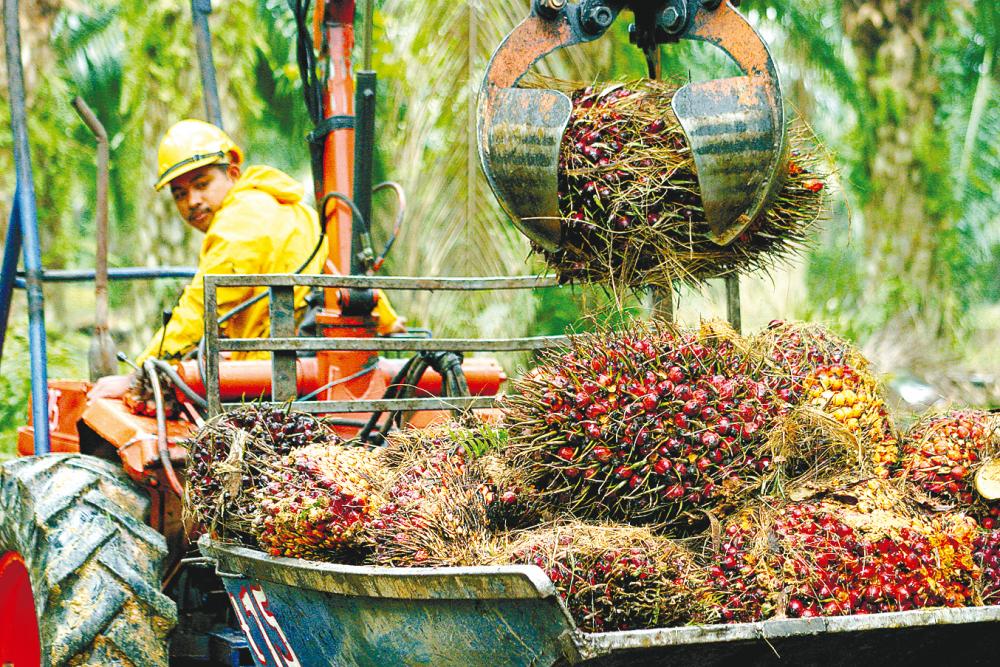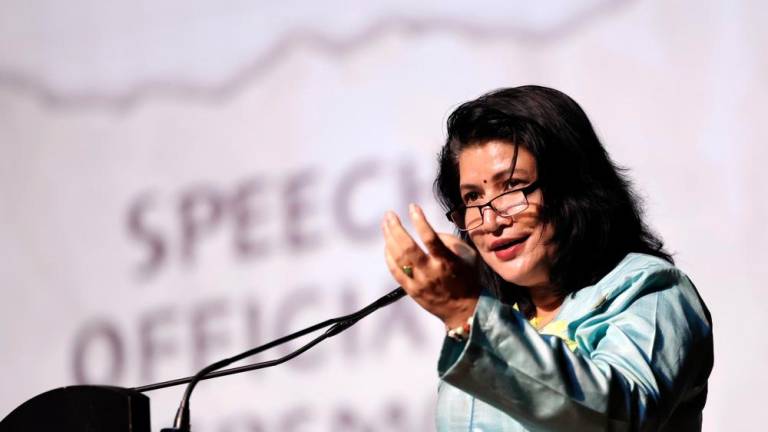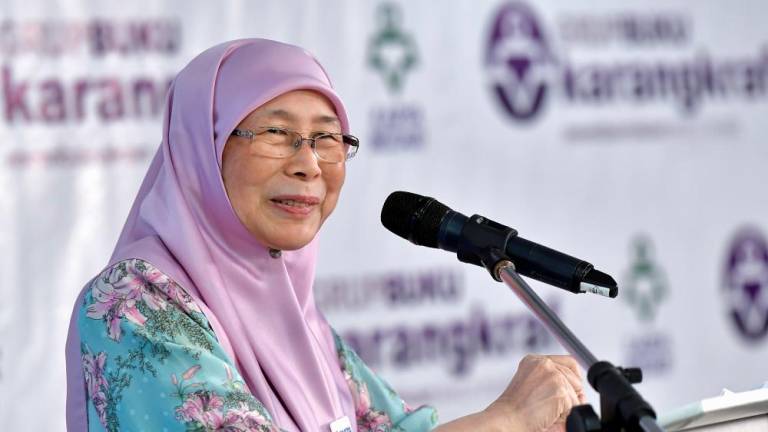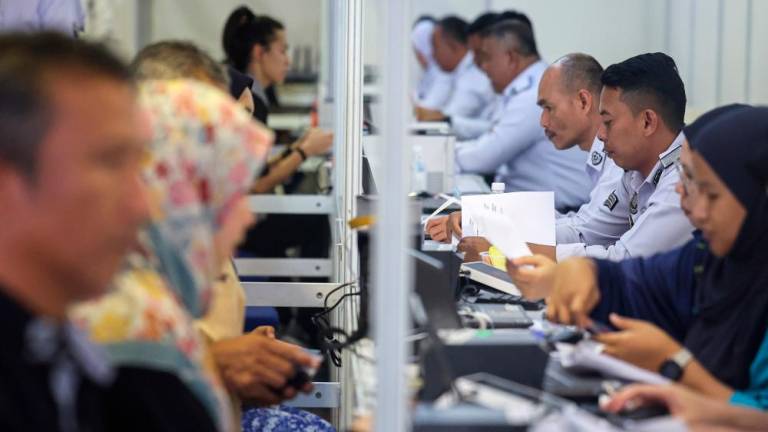PETALING JAYA: Sime Darby Plantation Bhd (SDP) believes its fresh fruit bunch (FFB) production for this year will remain roughly at last year’s level of 9.3 million tonnes given the labour shortage in Malaysia.
Its managing director Mohamad Helmy Othman Basha pointed out that 50% of the group’s planted hectarage is located across Indonesia, Papua New Guinea and the Samoan islands, which cushions the impact of the worker shortage.
“Hence for 2021, we expect to produce roughly the same amount as in 2020, as the production in Malaysia is not expected to improve until this labour situation is put behind us,” he told the media during SDP’s second-quarter 2021 (Q2’21) results briefing today.
Given that the industry has been operating in the same manner over the past 100 years, Helmy believes the answer to the labour shortage lies in automation.
Due to the labour crunch arising from the Covid-19 pandemic, SDP’s automation efforts have resulted in an efficiency gain of one worker to 15 hectares, over a pre-pandemic rate of one worker to 11 hectares, and ahead of the industry average of one worker to 8 hectares.
“The industry cannot remain as we are right now, the cheap labour is not going to remain cheap anymore,” Mohamad Helmy said.
Given all its automation efforts, the group reckoned that the dependency on manual labour could be reduced further to one worker to 20 hectares within two to three years as it is likely to automate most of the oil palm plantation operations.
In regard to price outlook, Sime Darby Oils managing director Mohd Haris Mohd Arshad projected that crude palm oil (CPO) would trade between RM4,000 and RM4,700 a tonne in the coming six-month period until the end of the first quarter of 2022.
For the longer term, he expects to see a more reasonable price range of RM3,000 to RM3,500 a tonne from higher production.
“On the whole, it is difficult for us to see how prices can trade below RM4,000 right now; likewise it is also difficult for us to see how prices can go higher to RM5,000 as it already has an effect on demand and consumption,” explained Mohd Haris.
He believes that the elevated price is not necessarily a good thing, as the group has seen a decline in sales because customers are holding back their purse strings and are not able to buy as much as they used to in the past.














